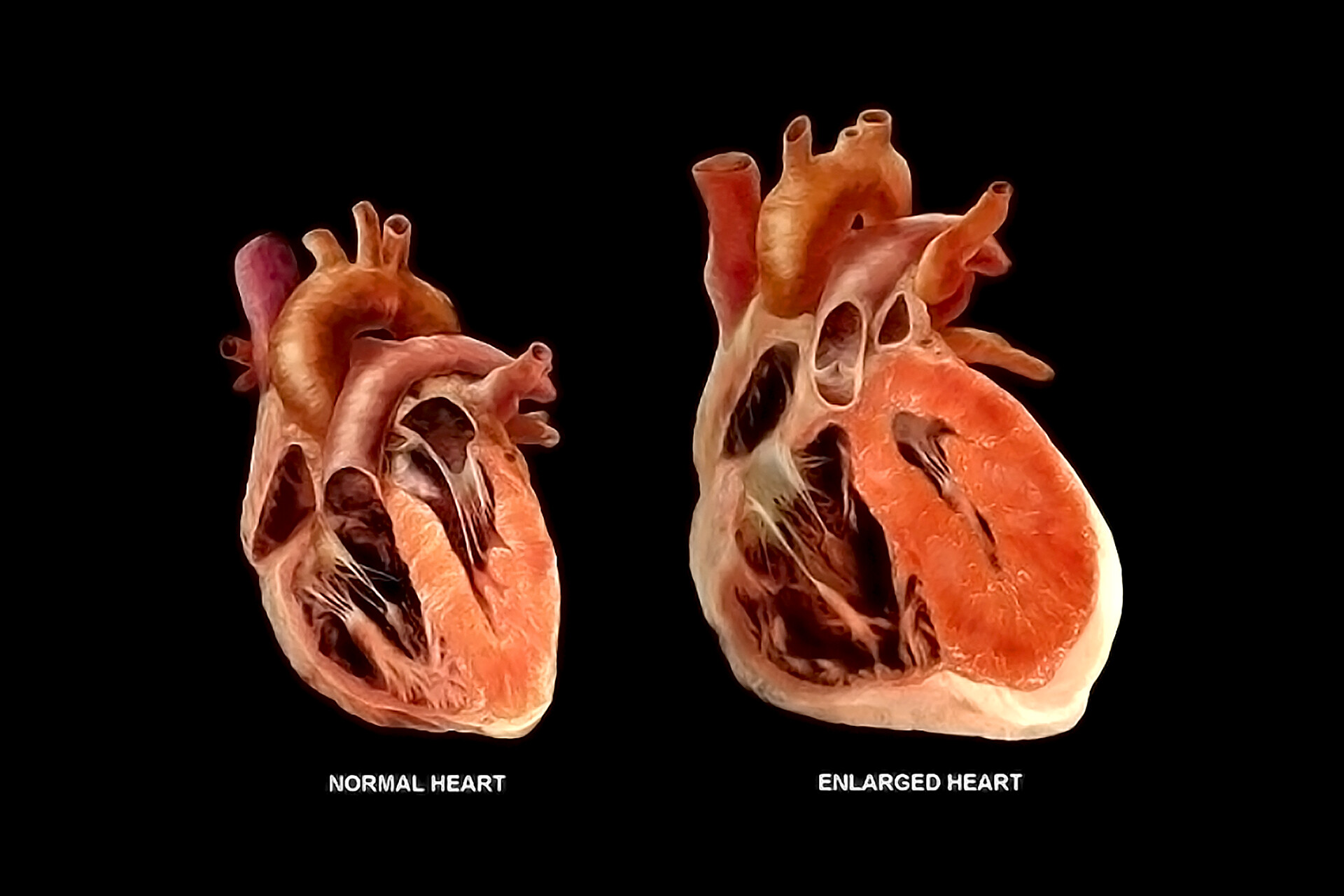
In the UK, cardiovascular disease is a major cause of death accounting for around a quarter of fatalities every year. It is an umbrella term for a range of conditions affecting your heart or circulatory system including high blood pressure, strokes and coronary heart disease.
Like many medical conditions, cardiovascular disease is caused by a variety of factors. While some heart problems may be unavoidable due to your genetic make-up others could be prevented or even improved by making lifestyle changes.
Diet is one such factor that we can adapt to promote heart health. And, according to one expert, there is a certain fruit we could snack on daily for this very reason.
Speaking exclusively with Express.co.uk, Doctor Deborah Lee – from the Dr Fox Online Pharmacy, explained more about how diet can help the heart. She warned that low-density lipoprotein (“bad” cholesterol), oxidative stress and platelet aggregation (clotting) can lead to cardiovascular disease.
“Diet is extremely important in terms of cardiovascular risk as it affects these three factors,” she said. “Different types of fat are ingested in the diet, as are antioxidants, which are found in large quantities in fruit and vegetables.
Eating tomatoes could help keep your heart healthy (Image: Getty Images)
“Antioxidants counteract the harmful effects of reactive oxygen species– but our bodies cannot make them. They must be eaten as part of the diet.
“What we eat, for example, a high-salt and/or a high-sugar diet can also affect the activity of platelets and their tendency to clot.”
She therefore recommended adding tomatoes to your daily diet.
Dr Lee said: “Tomatoes contain the red pigment, lycopene which is a powerful antioxidant that can help prevent atherosclerosis (the laying down of fatty plaques in arterial walls.)
“Atherosclerosis is the major cause of cardiovascular disease. Lycopene does this by preventing the oxidation of plasma lipoproteins.
Dr Lee recommended eating tomatoes as a way to keep your heart healthy (Image: Getty)
“In a recent 2022 meta-analysis and review of the literature, a high intake of lycopene reduced the risk of cardiovascular disease by 14 percent.”
Research has also shown tomatoes can have a positive effect on the heart when consumed in various forms including whole, as a juice and as a paste.
She continued: “In another 2015 study of 25 women aged 20-30 who consumed 280 ml of tomato juice per day for two months, the results showed a significant reduction in total cholesterol, as well as a rise in adiponectin, a hormone with anti-inflammatory properties which facilitates the production of nitric oxide, needed for the endothelial function of blood vessel walls.
“In a 2012 study, 19 participants were randomised to add tomato paste to their daily diet or have no tomato paste as the control arm, for two weeks.
“Flow-mediated dilatation in the brachial artery increased by 3.3 percent in the tomato paste group by day 15.
One study found drinking tomato juice also had health benefits (Image: Getty)
“A significant reduction in markers of oxidation was also noted in the tomato paste group.”
The fruit is also rich in nutrients needed by the body, Dr Lee said.
“Tomatoes are low in calories but high in nutrients, including vitamin C and potassium – both of which are also needed for good heart health,” she said.
“They also contain fibre and therefore help to reach the recommended goal of 30 g of fibre per day. Fibre is vital for heart health.”
She warned that signs of a heart issue include:
- Ankle swelling
- Shortness of breath for example when climbing a flight of stairs
- Feeling dizzy or light-headed
- Cold extremities
- Blood pressure is higher than it should be
- Rapid pulse on minimal exertion
- Palpitations
- Insomnia
- Sleep apnoea
- Feeling tired all the time.
Dr Lee added: “If you feel you could have early symptoms of an unhealthy heart, now is the time to take action.
“There is much that can be done to improve your lifestyle, such as losing weight, getting more exercise, and having a healthy, well-balanced, nutritious diet containing plenty of fruit and vegetables.
“It’s time to stop smoking and cut down or stop drinking alcohol.
“See your GP for a free NHS health check – anyone is eligible between the ages of 40 and 74 years.
“They will check your blood pressure and cholesterol levels and test your urine to exclude type 2 diabetes.”




